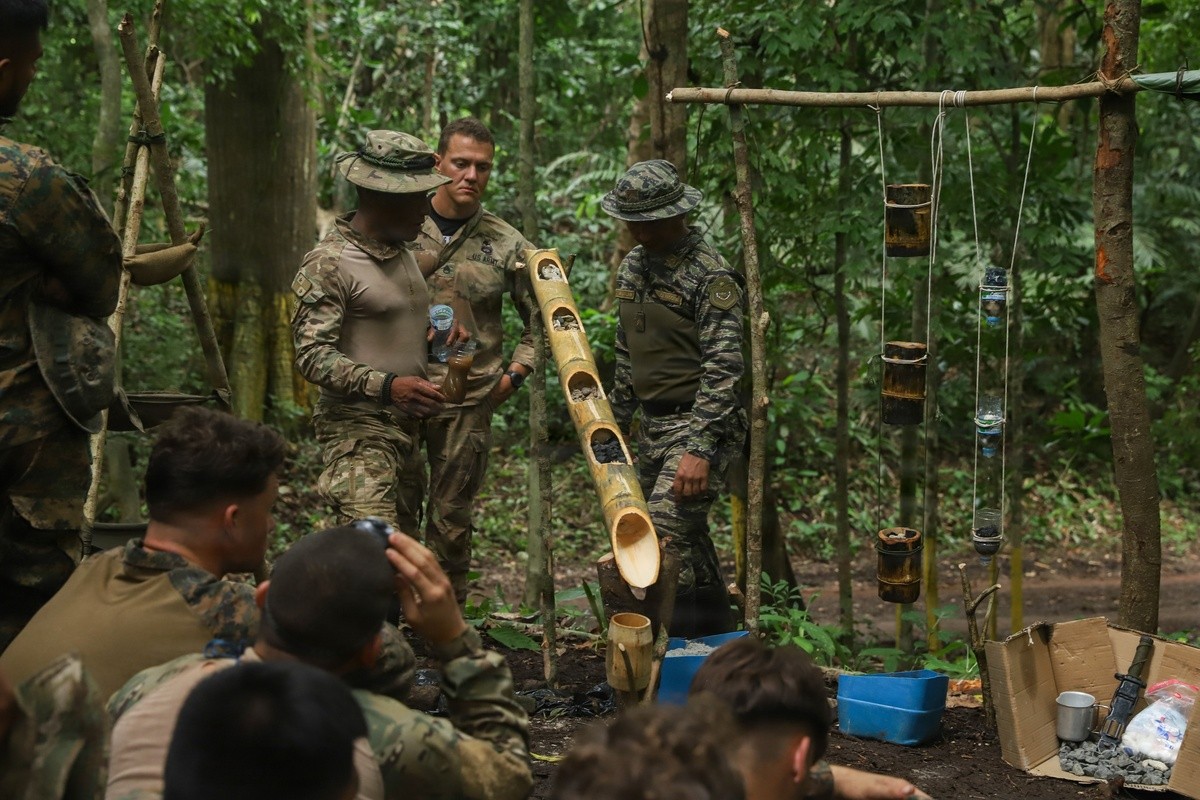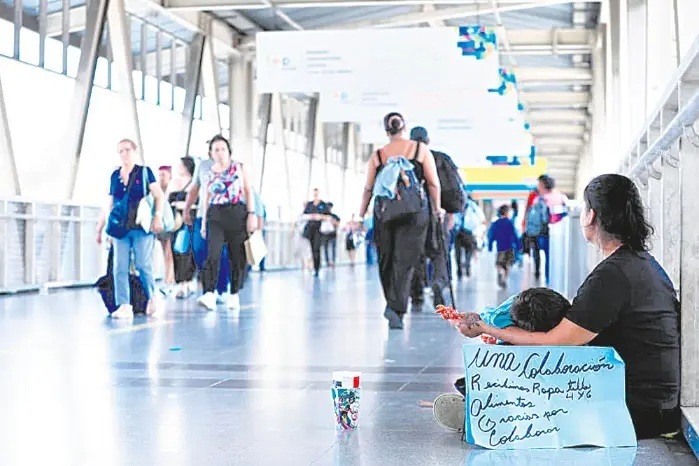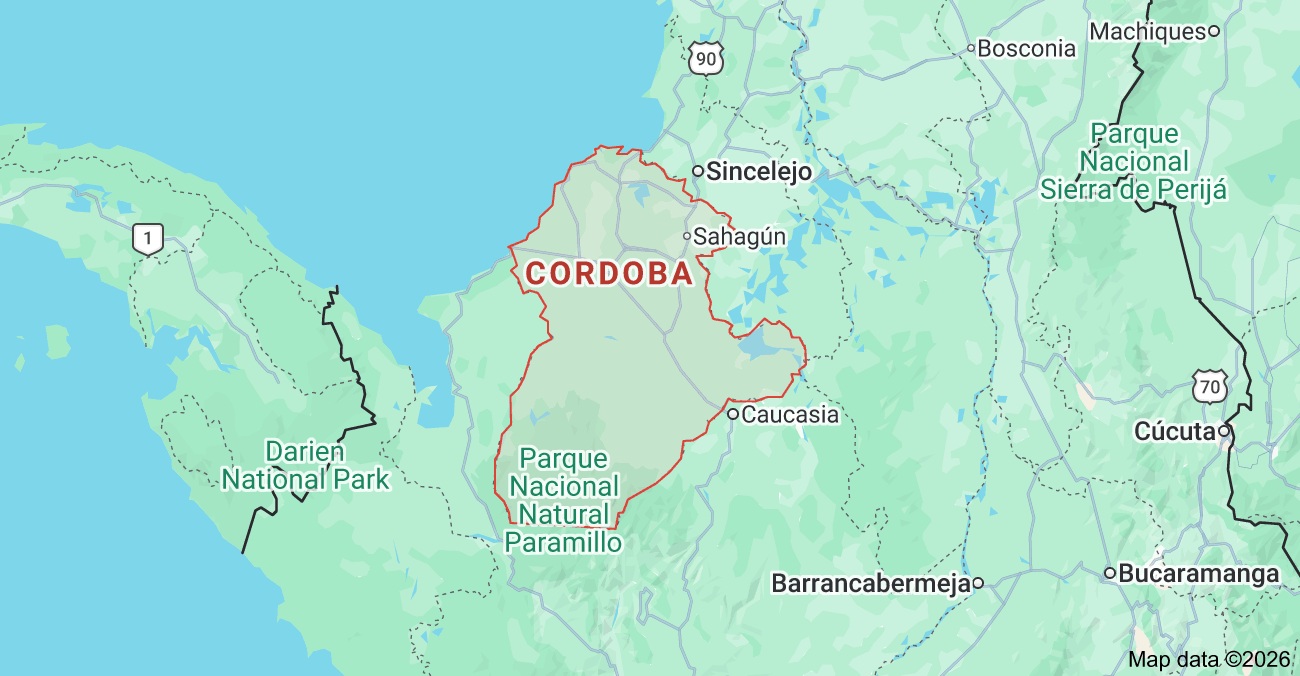Fast action call as Odebrecht clock ticks

THE 30 DAY deadline regulating investigations into organized crime in the case involving bribes paid in Panama by Odebrecht through Swiss banks will expire on Mar. 24.
Now, the Public Prosecutor’s Office, which in earlier stages had been criticized for apparent lack of action, has asked anyone involved in the case to collaborate to establish “the illegal route of money in which Panamanian companies and accounts were used in European countries including Switzerland”.
The Public Prosecutor’s Office, through the Special AntiCorruption Prosecutor, began the investigation after Swiss federal prosecutors formally accused the two sons of former President Ricardo Martinelli Luis Enrique and Ricardo Alberto Martinelli Linares for alleged bribery of foreign officials and money laundering. Authorities seized $22 million deposited in bank accounts in that country.
Also being investigated is Evelyn Vargas Reynaga, their lawyer.
Eleven local banks are part of the investigation being carried out by the Special AntiCorruption Prosecutor’s Office. The entity indicates that the monies moved through 11 banking institutions and eight jointstock companies, which received transfers from other beneficiary companies of Odebrecht.
Prosecutors suspect according to evidence obtained from bank transactions collected over a year that the money was paid on Odebrecht’s orders as bribes to Panamanian officials, in exchange for contracts for public infrastructure works.
The Public Prosecutor’s Office, through the Special AntiCorruption Prosecutor, began the investigation after Swiss federal prosecutors formally accused the two children of former President Ricardo Martinelli Luis Enrique and Ricardo Alberto Martinelli Linares for alleged bribery of foreign officials and money laundering.
Authorities seized $22 million deposited in bank accounts in that European country. Also being investigated is Evelyn Vargas Reynaga, their lawyer. Eleven local banks are part of the investigation being carried out by the Special AntiCorruption Prosecutor’s Office.
The entity indicates that the monies moved through 11 banking institutions and eight jointstock companies, which received transfers from other beneficiary companies of Odebrecht. Prosecutors suspect according to evidence obtained from bank transactions collected over a year that the money was paid on Odebrecht’s orders as bribes to Panamanian officials, in exchange for contracts for public infrastructure works.





